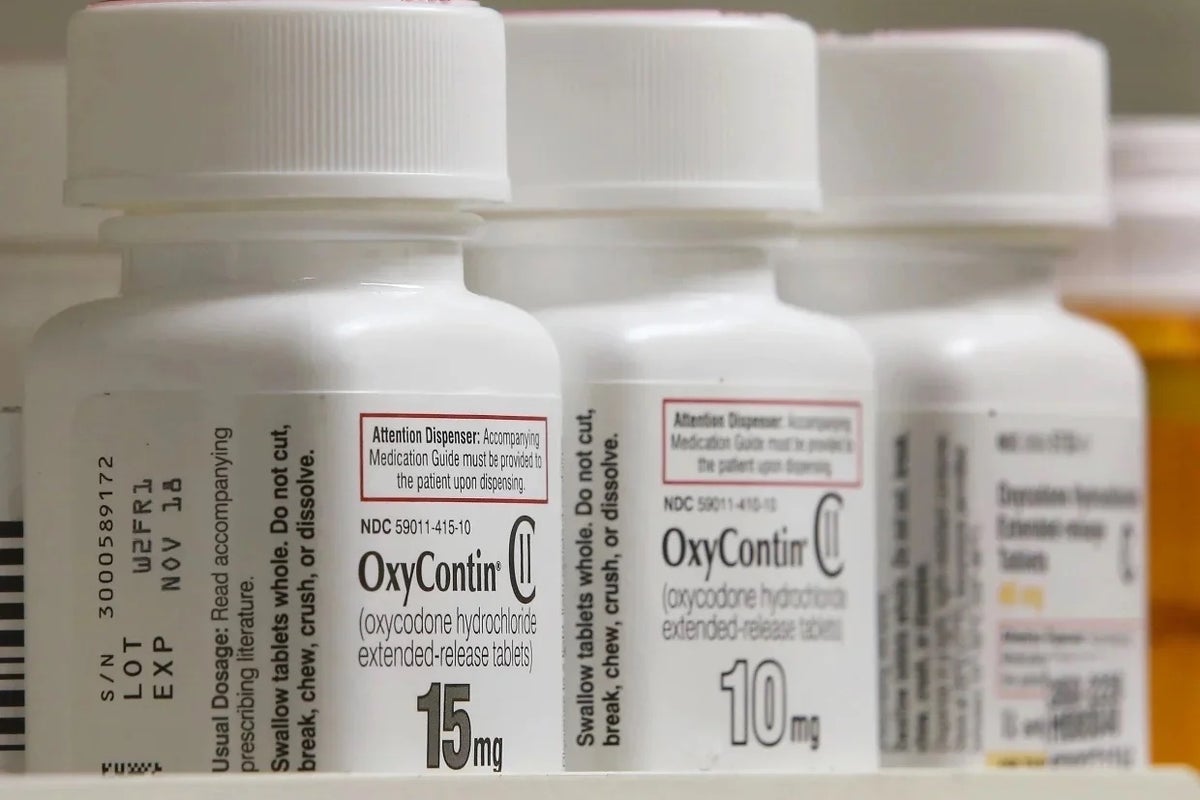The fate of a $6 billion bankruptcy settlement involving Purdue Pharma, the maker of the powerful and addictive pain medication OxyContin, hangs in the balance as the U.S. Supreme Court prepares to hear arguments on Monday.
The settlement, which aims to address the devastating opioid epidemic, has been met with mixed reactions, with some praising its potential to provide much-needed relief while others criticize the immunity it grants the Sackler family, Purdue’s wealthy owners.
Multi-billion-dollar Agreement At Stake
If approved by the Supreme Court, the settlement would allocate billions of dollars to addiction treatment and other relief efforts. It would also shield the Sackler family from lawsuits stemming from OxyContin’s role in the opioid crisis. A group of opioid victims and the U.S. Trustee, a Justice Department watchdog, oppose the deal, arguing that it unfairly protects the Sacklers while depriving victims of their right to seek justice.
Non-debtor Release
The settlement’s use of a non-debtor release, which grants immunity to individuals not directly involved in the bankruptcy, has also raised concerns. Critics argue that this provision allows the billionaire Sacklers to escape liability for their actions.
Michael Quinn, attorney for a family member involved in the case, said the release for the Sacklers amounts to special protection not afforded to others.
“The Sacklers have at their availability, because of these releases, an escape hatch from liability, whereas people like you, me and Ellen would never have that ability to escape liability. We don’t have billions of dollars to push a carcass of a company into bankruptcy and then hide behind it,” Quinn said in a CBS report. He was referring to Ellen Isaacs’ 33-year-old son died of an overdose after being prescribed Oxy for pain following an accident during which he fell from a bridge.
The Supreme Court’s decision will have significant implications for those impacted by the opioid epidemic and the broader use of bankruptcy law. If the settlement is upheld, it could pave the way for other companies to shield themselves from liability through similar tactics. If the court rejects the deal, it could set a precedent for holding wealthy individuals and corporations accountable for their actions, noted Reuters.
Numerous Lawsuits
Nearly every U.S. state has sued Purdue Pharma for its aggressive marketing and downplay of OxyContin’s addictiveness. The lawsuits allege that the Sackler family’s deceptive marketing of OxyContin fueled the crisis, leading to hundreds of thousands of overdose deaths. The Sacklers have denied wrongdoing.
Overdose Epidemic
Danny Strong, creator of Hulu’s “Dopesick” series called the opioid crisis “one of the greatest crimes in the history of the United States” perpetrated by the Sackler family.
Between 1999 and 2020, more than 564,000 people died from an opioid overdose, according to the Centers for Disease Control and Prevention. In 2021 alone, opioid-related overdose deaths claimed the lives of more than 106,000 people.
Related Stocks That May Be Affected
The legal challenges surrounding Purdue Pharma could have implications for other pharmaceutical companies such as Johnson & Johnson JNJ and Teva Pharmaceutical Industries Ltd. TEVA, both of which have faced legal scrutiny related to opioids.
PHoto:
Image and article originally from www.benzinga.com. Read the original article here.

